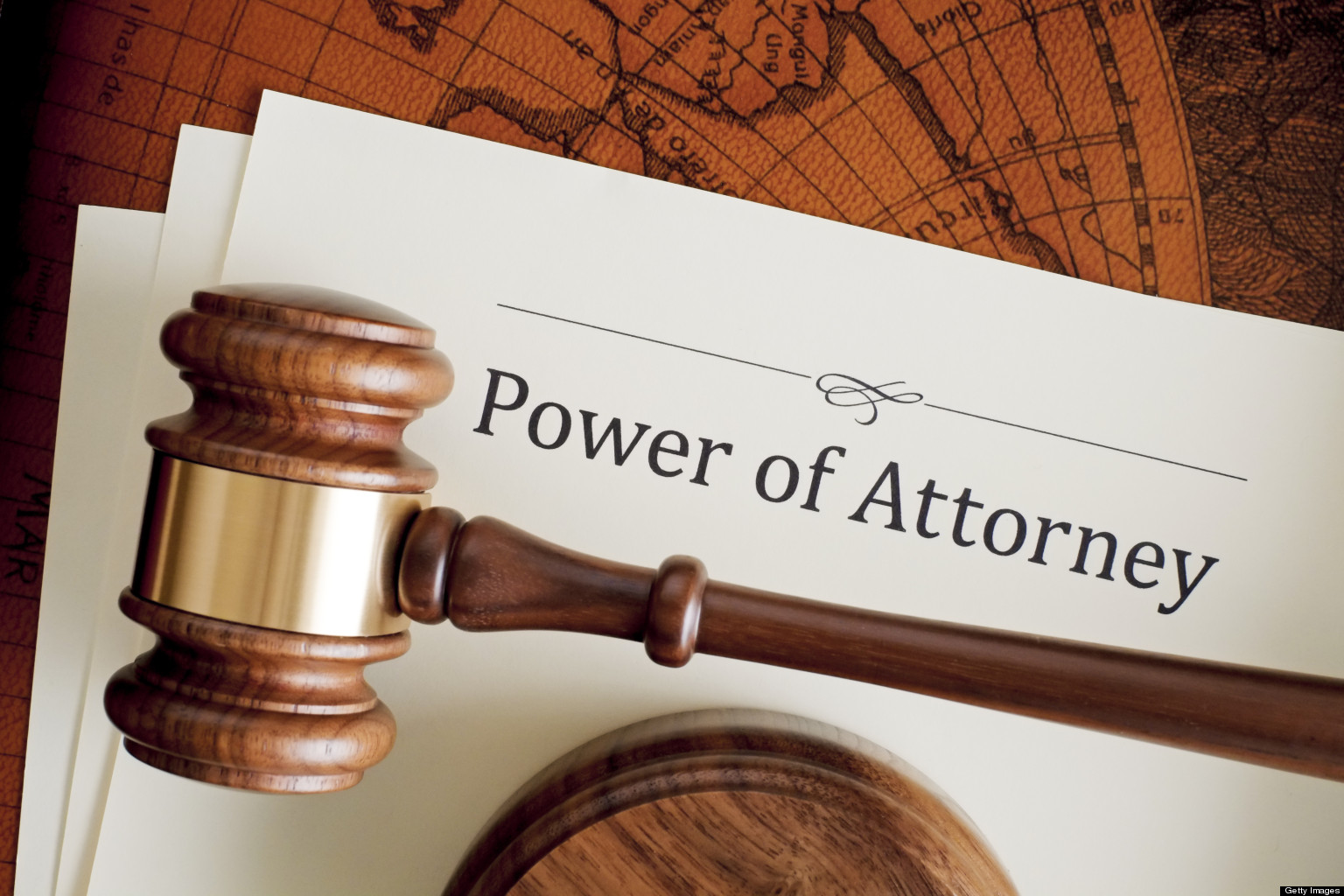Legal information for youth dealing with these important issues:
Scenario:
Maggie is 17 years old. She was recently
diagnosed with an illness. Although her doctor told her that the general
prognosis is good, he said that in the future, her illness may affect her
ability to make decisions for herself.
Maggie has been dating Sean, who is also
17, for two years and they recently started talking about getting married.
Maggie has been collecting autographed
baseball cards since she was a kid and she has amassed a collection valued at
over $5000. She knows that her brother is jealous of her card collection, and
she wants to make sure that her collection will go to Sean if she were to die.
Maggie decides to make a will that indicates she is going to marry Sean and
that Sean is to receive the card collection upon her death.
With their parents’ permission, Maggie and
Sean get married. Although her parents gave their permission for Maggie and
Sean to get married, as required for 16 and 17 year olds in Ontario Regina
Making
a Will
A will is a written document that sets out
a person’s wishes about how his or her estate (including property, money, and
personal belongings) will be distributed after he or she dies. In Ontario
1.
If you are or have been married
2.
If you are contemplating
marriage and the will states that it is made in contemplation of marriage to a
specific person. If you do not get married to the specific person named in the
will, it is not valid.
3.
If you are a member of a component
of the Canadian Forces
4.
If you are a sailor and at sea
or in the course of a voyage
Although these are not typical
circumstances for young people, they are not out of the question. In Ontario
Power
of Attorney for Personal Care (POAPC)
Maggie wants to make sure that her Aunt has
the ability to make decisions about her healthcare in the event that she
becomes unable to do so herself. Maggie can make something called a Power of
Attorney for Personal Care. A Power of Attorney is a legal document that gives
someone else the right to act on your behalf.
 |
| http://i.huffpost.com/gen/1054609/thumbs /o-POWER-OF-ATTORNEY-facebook.jpg |
In Ontario
If you become unable to care for yourself,
A POAPC will be able to make almost any decision that is of a personal nature,
including decisions about medical treatment, hygiene, housing, food, clothing,
and safety. Your POAPC can be anyone, including a relative or close friend. You
should be careful in choosing someone you trust, as this person may end up
making very serious decisions that will affect your life.
If at any time you change your mind about
your POAPC, you can revoke it, and this must be done in writing. You are able
to revoke your POAPC as long as you have the required mental capacity. The
mental capacity required to revoke a POAPC is the same as the mental capacity
required to make one.
If you do not make a POAPC and become
incapable of making personal decisions for yourself, a family member would usually
have the right to make these decisions. If there is no family member or
representative who is capable or willing to act, the Office of the Public
Guardian and Trustee, which is a government office, will be required to make
decisions on your behalf.
For more information, check out the
Substitute Decisions Act, the law that deals with Powers of Attorney.
Do you have legal questions about your own will
or power of attorney...or consider making one? If you are under age 18 and live in Ontario
This post was written by PLE Team volunteer Christine Doucet. Christine recently graduated from Osgoode Hall Law School. Post was reviewed by JFCY.

No comments:
Post a Comment